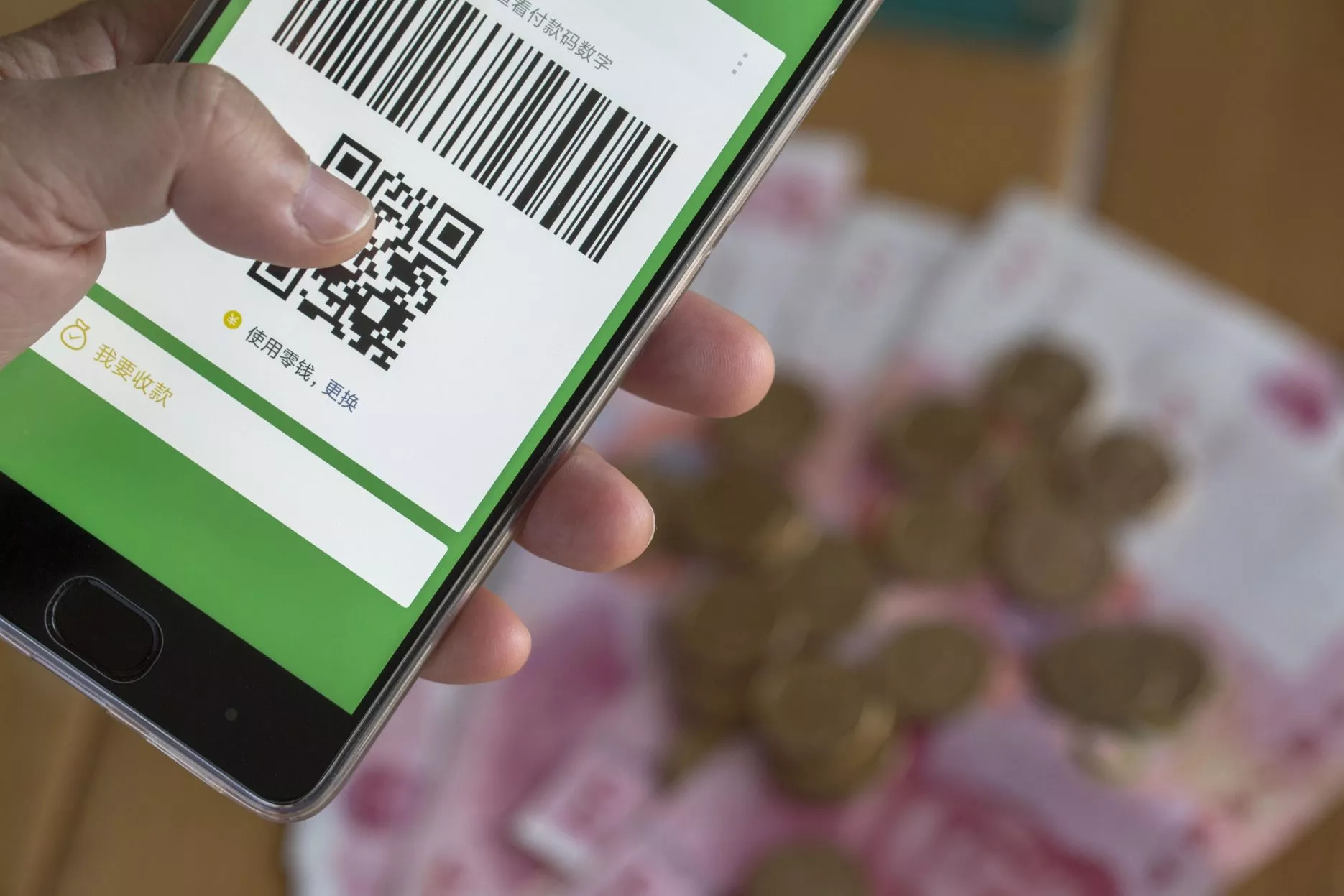Personal payment reception codes, used for people to receive money, on Alibaba’s online payment platform Alipay and Tencent’s WeChat Pay will be banned from receiving money for business operation purposes.
This is following the notice by People’s Bank of China regarding strengthening the administration terminals and related business, with the new regulation set to come into effect from 1 March 2022, meaning personal accounts of either Alipay or WeChat Pay would soon be no longer eligible for business use.
These rules set out that individual accounts with “obvious characteristics of business operations” (active transaction records, for example) shall apply to payment and clearing institutions to change into special merchant accounts. This is so transactions undertaken by these independent businesses can be better regulated.
In the meantime, personal static payment barcodes are also prohibited from being used for “remote non-face-to-face” payment collection, nor shall they be rented, lent, or sold for “illegal activities”.
The rationale, as explained by the person involved in the policy-making process, is to take a step forward in cracking down money-laundering activities. For instance, using a screenshot of one’s personal payment barcode to transfer gambling funds remotely, there is a myriad of ways to make illegally obtained money become legitimate and lost in the process.
In addition to improving the market regulation, the move has also been viewed as a push by the government in rolling out its digital yuan. As the digital provision could “reduce systematic risks” and increase competition in the payment space, furthering the authority’s efforts in breaking down the duopoly in digital payments by Alipay and WeChat Pay.
Reactions on the stock market seem to have proved this intention, as the digital currency section saw a rise of 7.62% as the news arrived, while shares of Alibaba and Tencent dipped by 3%. However, industry experts believe that the market reaction would be “temporary”, and the government’s action would be rather unlikely to immediately shake the existing online payment system given that the huge user base of the two tech giants.
Whether or not the intention is to challenge the dominance of Alipay and WeChat Pay, with the new rules being introduced, a more efficient digital funds collection and improved management of online payment can be expected. Beyond this, the Chinese government will hope this move severely hampers illegal activity and crime rings within the country, cutting off the criminals at the end that matters most – their income.
Read more:









